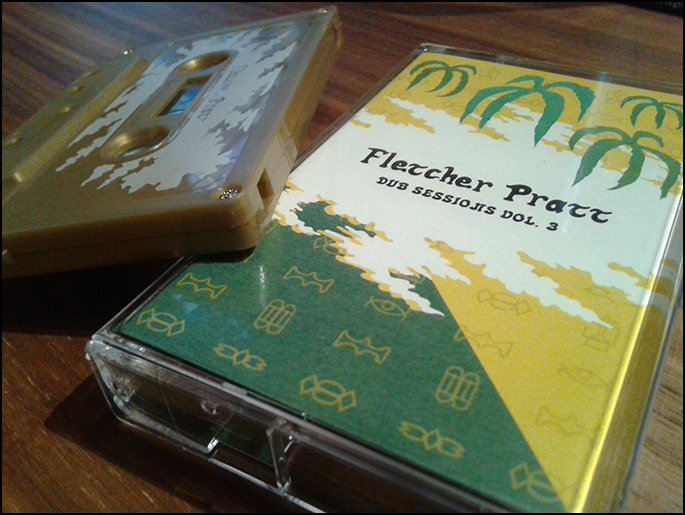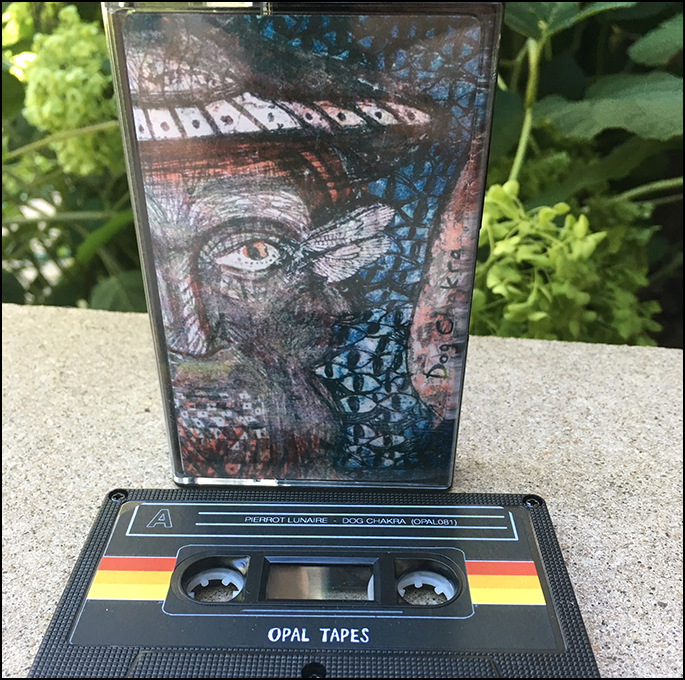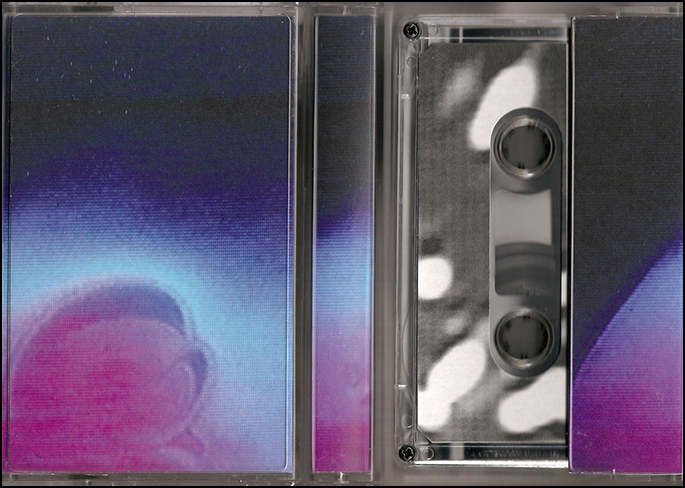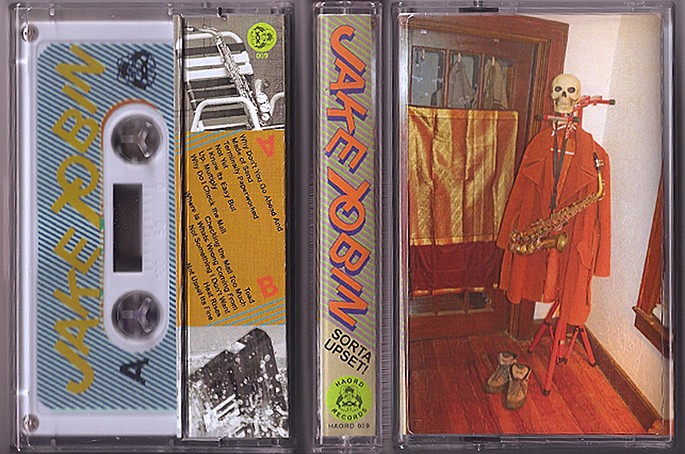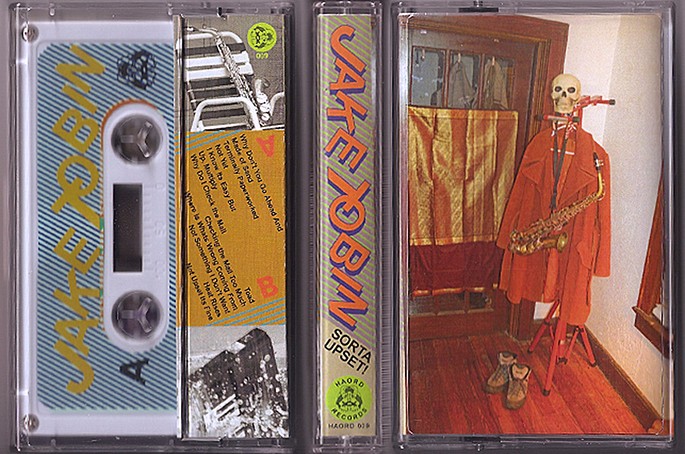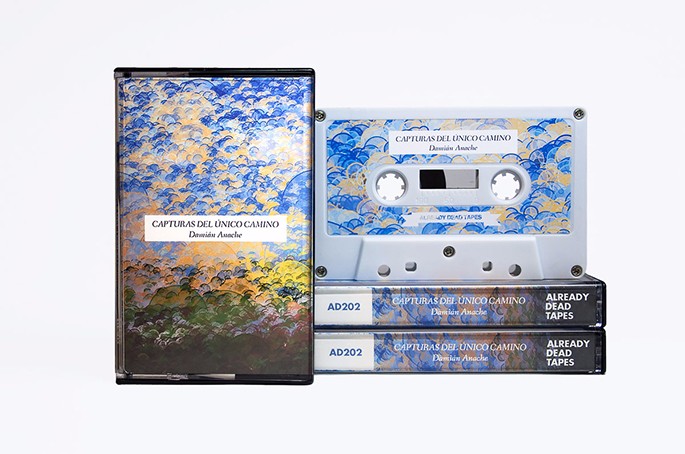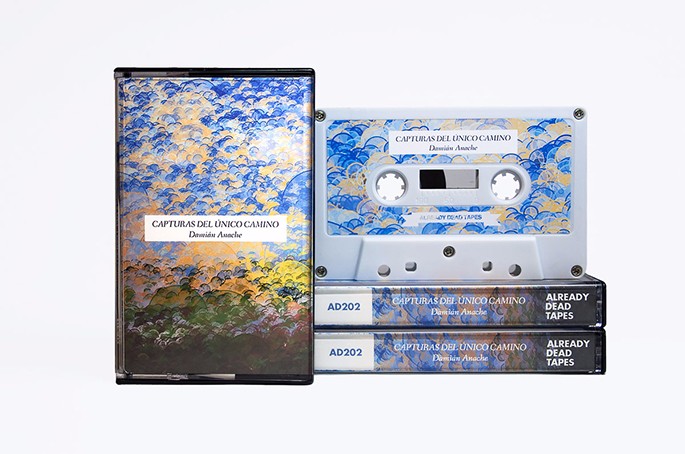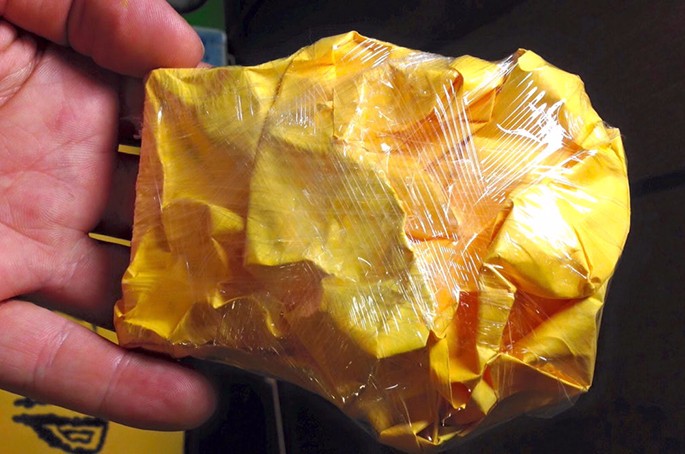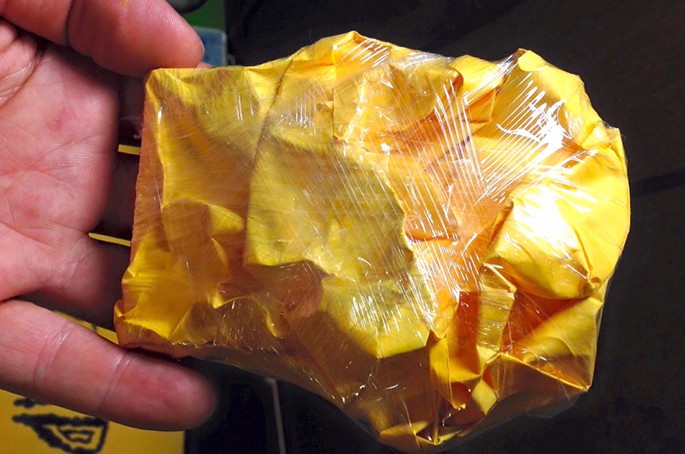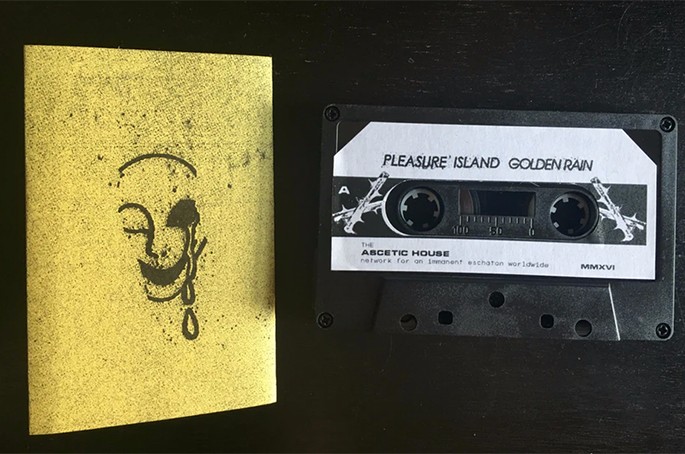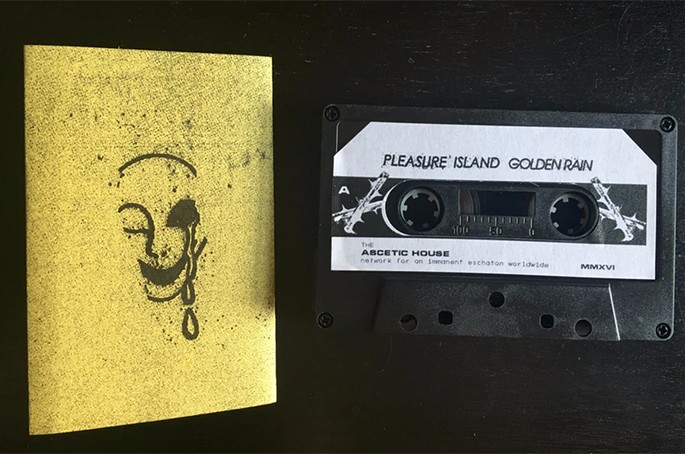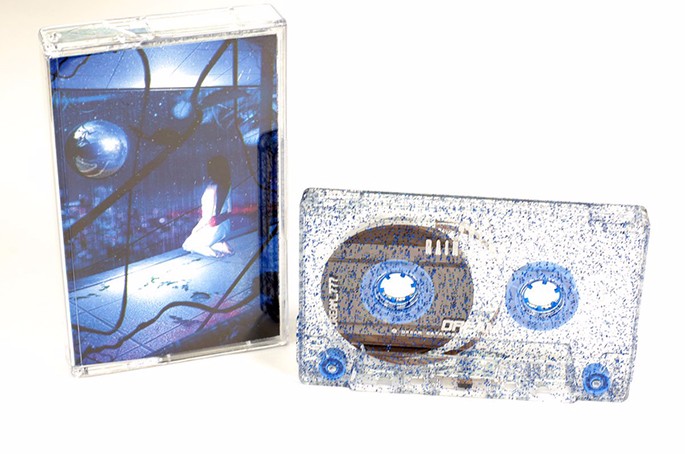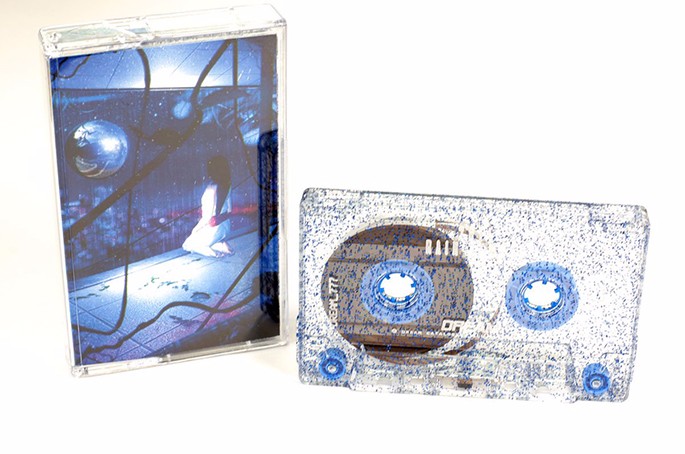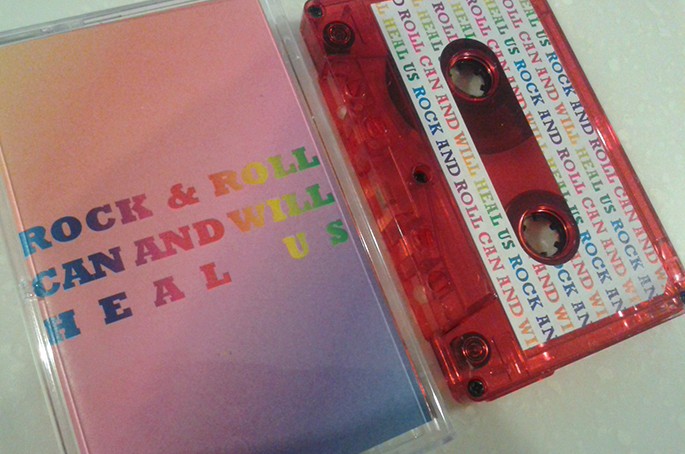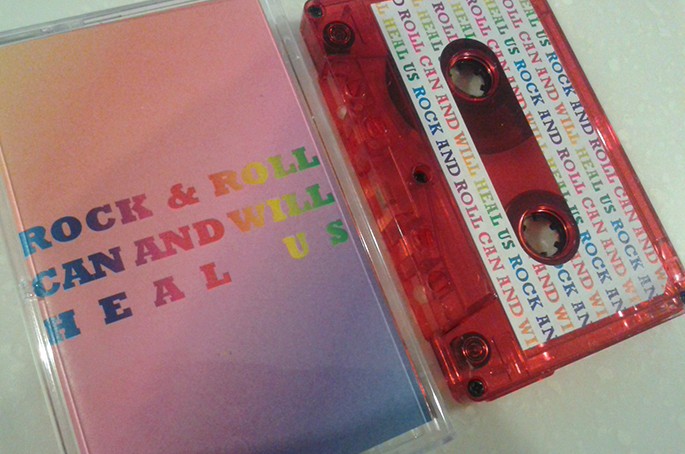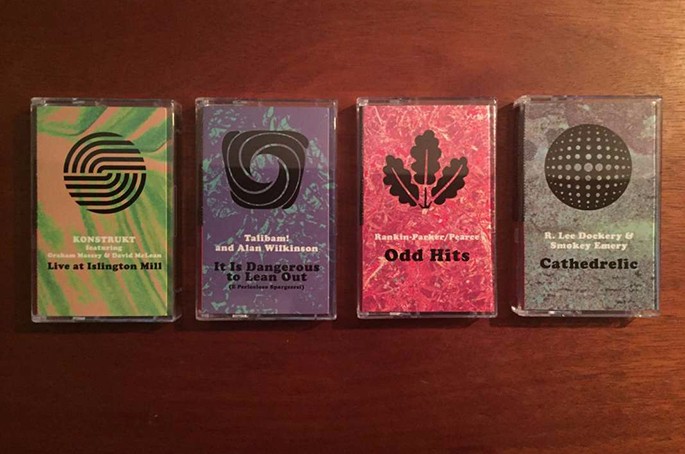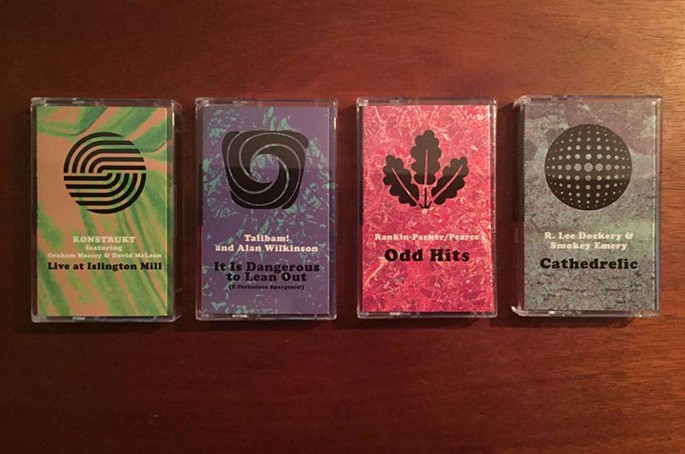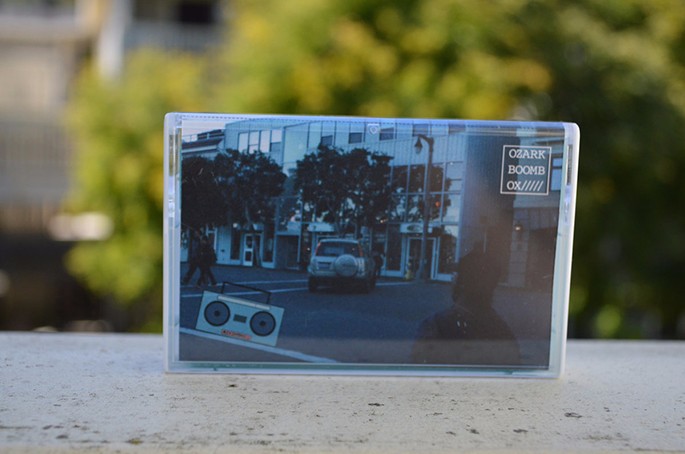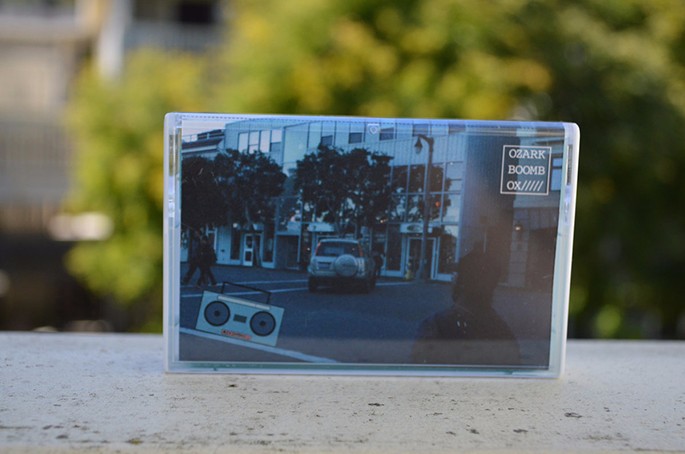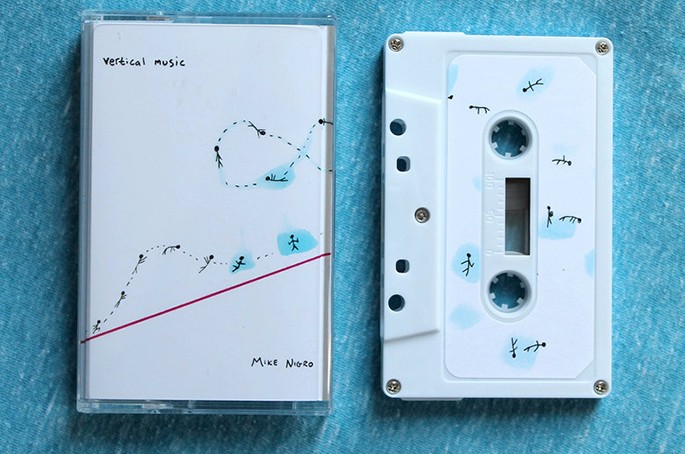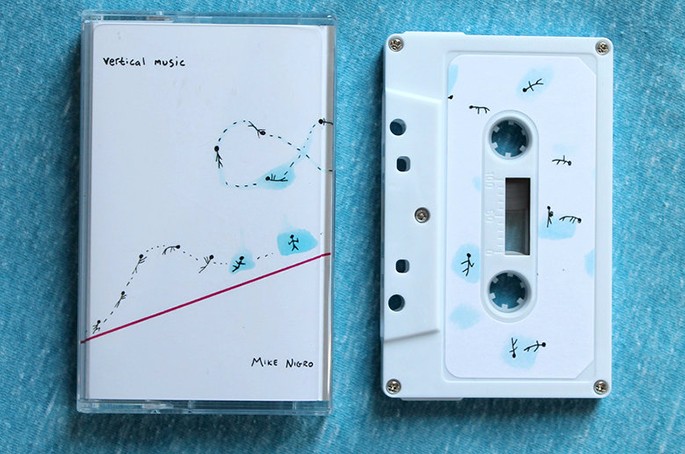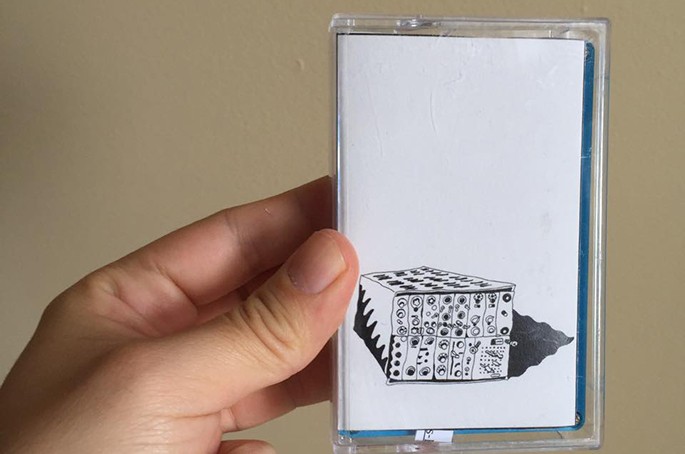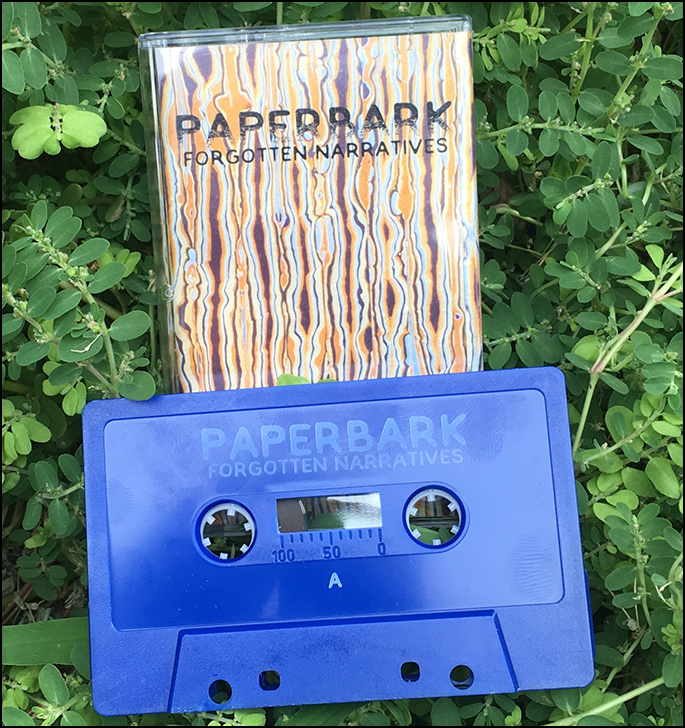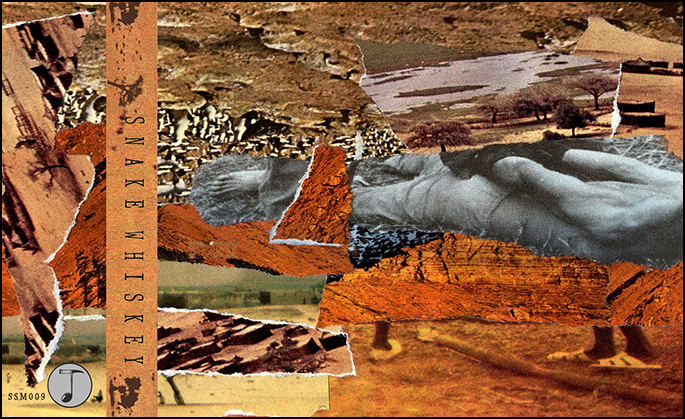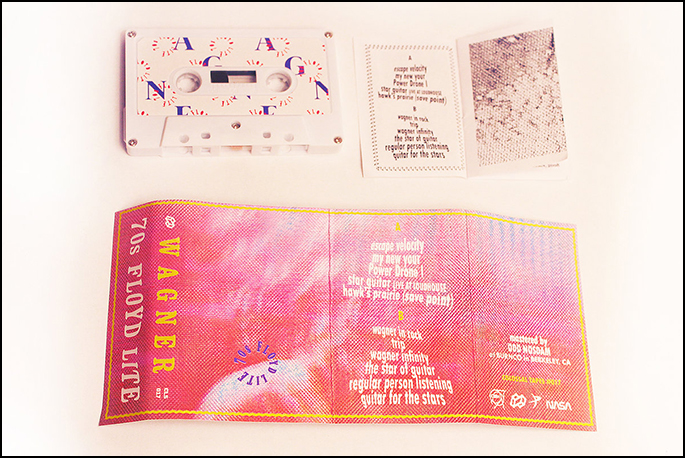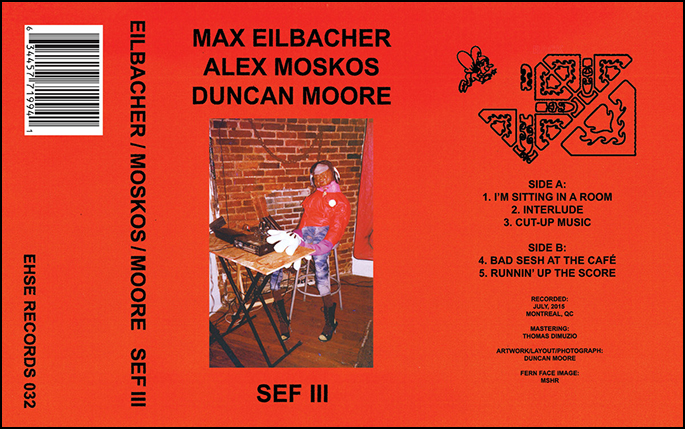New Batch – Never Anything
7.25.16 by Scott Scholz

Fledgling cassette label Never Anything Records may be less than a year old, but this Portland, OR and Chicago co-located label founded by Jeff Lane (Tereshkova), Tyler King, and Clay Mahn (Lustana) has already established a curatorial momentum you’d expect from veteran pressure-pad Pilgrims. A few of my favorite tapes of the last year from folks like Amulets, More Eaze, and Bret Schneider have passed through the hallowed duplicators of Never Anything, and their new batch of four releases (including 2 double-cassettes!) lays down a serious gauntlet in terms of both quality and quantity, Here’s a rundown of this killer quartet:
Mortuus Auris & the Black Hand – The Journal of a Disappointed Man
The latest in a long run of great releases on labels like Stunned and Hyle Tapes, Peter Taylor’s work as Mortuus Auris continues to reach into a unique pocket between outer-space and chamber music vibes. There is a lot of piano on this tape, an instrument that rarely gets its due in experimental circles nowadays. Simple piano motifs shift between solo and chamber music textures, manipulated with delay pedals and looped fragments. On the whole, this is a very tonal and approachable set of pieces, rich with melancholy, but the centerpiece of the album is the longer and more abstracted “Temporal Anomalies of the Mind,” whose cosmic excursions feel like bits of satellite transmissions coalescing into new forms.
Charles Barabé – Cicatrices
Barabé’s solo work is divided into several different approaches that have each been progressing in their own series, including Stigmates and Confessions. With the release of Cicatrices, we get the latest in another series, expanding on the work found on last year’s Cicatrice, Scar, Eclair on 2:00AM Tapes. And what an expansion it is, both in length and depth. At 110 minutes spread across 2 cassettes, the intense integration of composed and repurposed sounds in Cicatrices has the epic scope and narrative strength of a feature film rendered entirely in audio.
Alternately playful, funny, serious, and foreboding, Barabé unites deadly serious and campy musical traditions in a strikingly original series of “parts” divided by synthesized speech pronouncements. Along with its “Stigmates” and “Confessions” companions, there is a Catholic literary reference unfolding across this body of work (“cicatrice” appears in Latin New Testament texts in reference to the post-resurrection scars on Christ), but it seems more general than particular, pointing toward the imposing foundations of Western culture. These pieces employ a truly incredible range of Western musical traditions, adopting idiomatic passages for their familiarity at first glance, but ultimately using them as calibration points for assertive journeys into new and unfamiliar territory. A serious contender for album of the year.
Peter Kris – Labrador
As half of the impossibly prolific German Army, Peter Kris has launched a series of solo albums over the last year. If you’re into German Army, you definitely want to spend some time with Peter Kris, as these guitar-centric and warmer albums are excellent companions to the GeAr discography. But like many of German Army’s 2016 jams, Labrador finds Peter Kris expanding his usual 2- or 3-minute-per-piece approach into longer pieces and new approaches to arrangement.
As a lengthy double-cassette release, Labrador feels like the manifesto to a fully-realized Peter Kris approach, with some tunes that are more ominous and industrial than redemptive. There is a sense of distance in this album that’s new to the PK sound, lending the music a more universal magnetism. While guitars remain the dominant voice of this project, longer pieces like “Trawl” and “Full Circle” are instead constructed from drones and field recordings of unknown provenance. These are balanced with some of the most melodic guitar writing on any Kris albums to date on tunes like “Visiting” and “Evening Grey,” making for a perfectly balanced and immersive exploration of poverty-stricken margins of the Inland Empire and beyond.
Lustana – Pt. II
Rounding out this summer batch, Never Anything’s own co-founder Lustana returns for a second tape on NA. It’s a nice way to round out the work of the label so far as well, since Pt. I was the first NA release last fall. This is the only album of this batch with an emphasis on relatively traditional song-with-vocals writing, and it perfectly captures the long shadows of humid late summer atmospheres. Some tunes employ full band arrangements, like the hazy guitars and gate reverb-laden vocals of “Anywhere But Here” or “Strawberry” that evoke classic 60s vibes with a little twist from more contemporary synth sequencing. The B-side introduces some serious midtempo soul, with the funky basslines of “Swimming Pools” and shimmering organs of “Dance Away.” It’s a great tape to put on for a gentle landing after the long, wild ride of this batch.
Never Anything has kept their consistent design aesthetic going with this batch, featuring simple one-color j-cards with minimal designs printed in black, and simple white tapes with stamped labels. The double cassettes pit the vertical against the horizontal, with the Barabé in a double-height Norelco box, and the Peter Kris in a butterfly case. Most of these are small editions of 50, so don’t delay: hit up Never Anything on Bandcamp.

